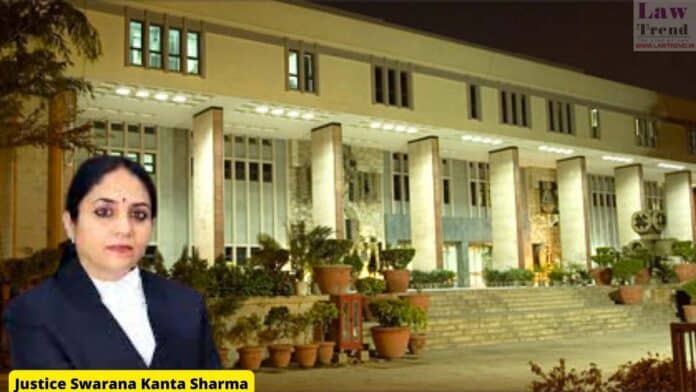The High Court of Delhi has set aside the conviction and sentence of a man for rape, holding that the prosecution failed to prove “beyond reasonable doubt” that the prosecutrix was below the statutory age of consent, which was 16 years at the time of the incident in 2005. Justice Swarana Kanta Sharma, in a
To Read More Please Subscribe to VIP Membership for Unlimited Access to All the Articles, Download Available Copies of Judgments/Order, Acess to Central/State Bare Acts, Advertisement Free Content, Access to More than 4000 Legal Drafts( Readymade Editable Formats of Suits, Petitions, Writs, Legal Notices, Divorce Petitions, 138 Notices, Bail Applications etc.) in Hindi and English.




